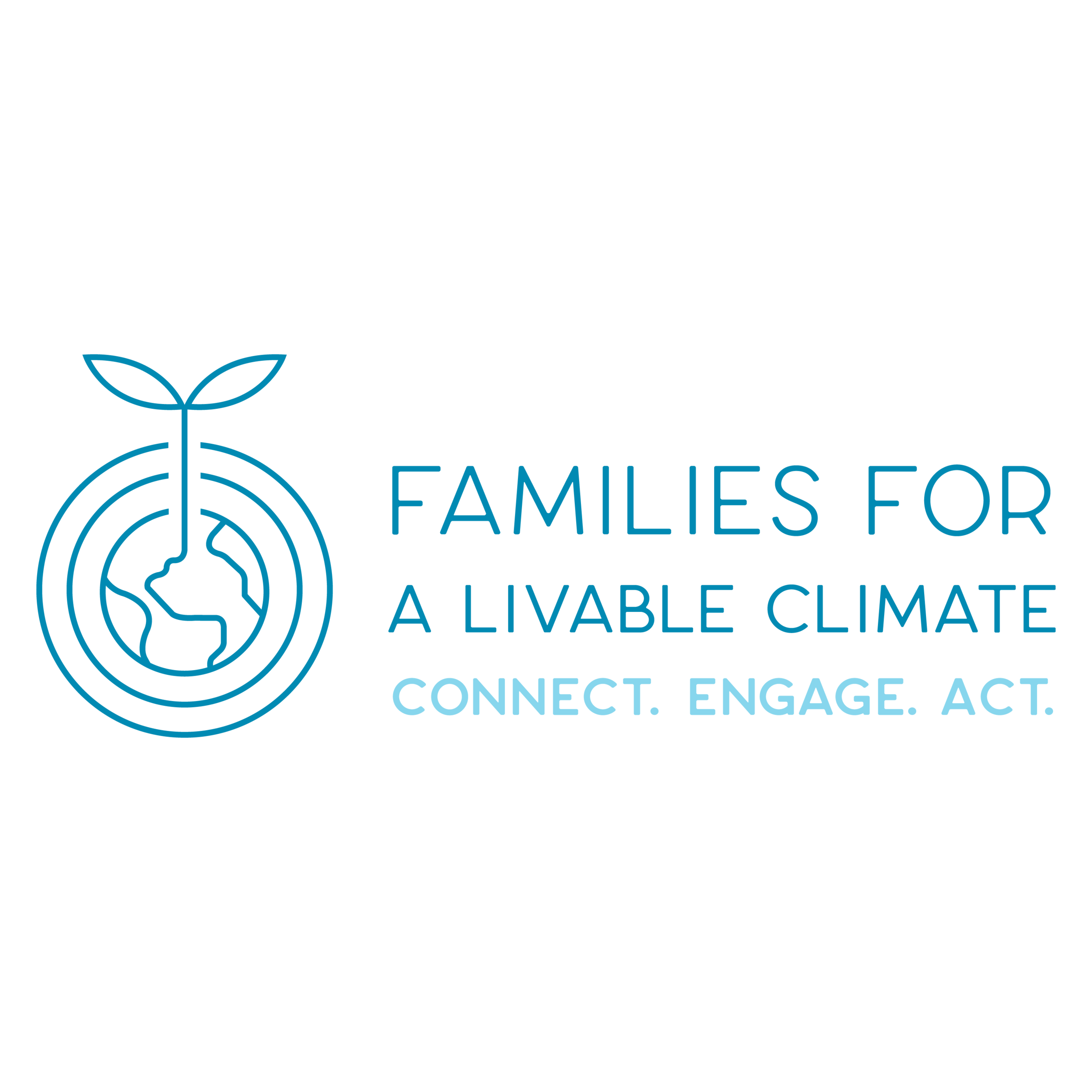Stopping methane pollution is vital to climate progress
By Jeff Smith and Winona Bateman
This op-ed appeared in the Billings Gazette, Montana Standard, and Missoulian.
—
On the drive north around Flathead Lake, you can see the destruction of the Boulder 2700 fire: 31 “structures,” including 14 homes, some right on the lake, lie in cinders.
But you step on the gas as soon as you get to the other side of the charred 2,230 acres. You have places to go, people to see, business to take care of.
We Montanans turn our heads from scientific reports, too. Take the sixth assessment by the Intergovernmental Panel on Climate Change, released last month, which says 1.) these high-intensity fires are a sign that climate change is here and 2.) it’s going to get a lot worse.
“Recent changes in the climate are widespread, rapid, and intensifying, and unprecedented in thousands of years,” the report begins. “Unless there are immediate, rapid, and large-scale reductions in greenhouse gas emissions, limiting warming to 1.50C will be beyond reach.”
You sigh. It can’t be that bad. We’ll figure it out. Why don’t they invent something? If it gets bad, we’ll just move north. Anyway, what can one person do?
The IPCC report says we can make a huge impact and slow warming by 30 percent between now and 2050 if we work together to stop methane pollution.
For years oil tycoons have bought ads telling us that methane, this benignly named fossil fuel, natural gas, is a “bridge to the future.” Baloney. Natural gas is 90 percent methane, and methane is 80 times more powerful than CO2 as a greenhouse gas. The IPCC says methane emissions are higher than at any time in 800,000 years and are responsible for about a third of the warming over the last 10 years, which has brought increasing Montana fires like Boulder 2700, degraded our cold-water fishery, and brought wacky weather extremes and extended drought.
The IPCC says we get the biggest bang for the buck by making “strong, rapid and sustained reductions” in methane emissions. We know how to do this by plugging up the leaks in fracking wells, pipelines, and refusing to build new methane electrical generating stations.
That’s why the idea of NorthWestern Energy investing $250 million of its ratepayers’ money right now in a new natural gas plant in Laurel is like turning on your furnace during a scorching summer day and wondering why you're so hot.
Montana can reliably generate all its electricity using renewable energy. Not only that, we can also create over 8,000 new jobs by generating enough surplus clean energy to sell to our neighbors. Read about it here:
https://www.350montana.org/2021/05/27/the-cleanest-energy-is-also-the-cheapest-energy/
We’re all in this together. The idea of escaping by moving north received a setback earlier this summer when the small town of Lytton, British Columbia, more than 600 miles northwest of Spokane, set the record for the highest temperature ever recorded in Canada (121 degrees Fahrenheit) and then burned to the ground the next day, killing two people, after a fire — like the one on Flathead Lake — broke out.
This doesn’t have to be our future. We can preserve a livable climate for our children and grandchildren by making NorthWestern Energy move to clean, cheap renewable energy.
